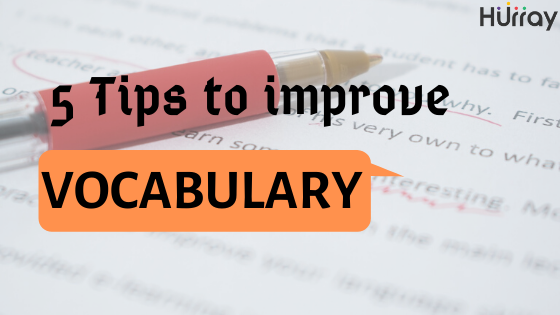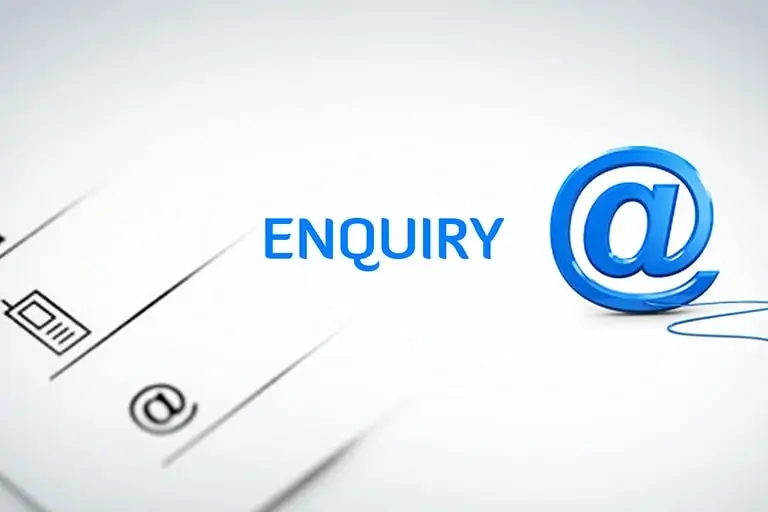To say that you know a language, implies that you have a command over the words in that language – you know what they mean, where, when and how to use them, and where, when and how not to use them. This, essentially, is vocabulary.
For IELTS, whether the test in question is a reading test, writing test, speaking or listening test, having a good vocabulary in English is essential. In the context of IELTS, vocabulary skills that translate into good scores, involve being able to understand what you read/listen to i.e. either the passage itself or the questions and use that information correctly to answer the questions, and being able to put forth your own thoughts and ideas using the appropriate words in the appropriate way through writing/speech.
Seeing as vocabulary is so essential, we’ve put together a list of tips and techniques to help you build on and improve yours – follow them closely, and you are sure to succeed in the exam!
-
Read, Read, Read!
Undoubtedly, the most important tip we can offer you is to read as much and as widely as you can! Seeing language in use is the quickest and most effective way to learn that language. When you read, not only do you learn new words, but equally important – you learn how to use those new words, as well as the words you already (think you) know!
The question then arises – what should you read? When it comes to IELTS, the kinds of questions that appear often come from easily-identifiable categories – such as the Environment, Technology, Cultural Practices, Professions, Hobbies and so on. If you search for reading material related to specialised categories such as these, you are likely to learn a lot of new words that will appear in the question paper – or which you can use to answer particular kinds of questions.
It is also important to pick the right reading material, where the language has been used correctly – novels by established authors are a sure bet. However, you may want to start with something shorter. Good newspapers and magazines, including those published in the US and the UK, are excellent reading material, and they often deal with a variety of subjects – which means that you will learn words used in a variety of contexts. Blogs are another source you should try; there are blogs about environmental issues, technology, travel, art – whatever the topic, you are bound to find a good blog! Try to identify the blogs that are sure to have good writers, particularly writers from English-speaking countries.
Besides reading, watching/listening to English being used is also very useful, for you to learn pronunciations as well as patterns of voice modulation. For this, listening to English movies (of which there are thousands), as well as informative YouTube videos or podcasts, is something that you can do. The point is not to copy the accents of the foreigners you see in movies – but rather, to understand how certain words sound when they are spoken aloud, so that you will recognise them when they are spoken, or can use them when you speak.
-
Look it Up
But if the word is new, how will you know what it means? It is time to break out the dictionary! Dictionaries help you to find the meaning of any word in the English language. As you read, mark the words that sound strange to you. You should look the word up right away, so that you will understand the meaning of the sentence in which it is used, and thus learn how to use the word. Write the meanings down immediately, on the book or magazine itself, or in a Word-journal.
-
Keep a Word-Journal
A Word-journal is a notebook in which you can keep track of all the new words you learn. Put the words into the categories we already talked about (environment, technology etc). Write the meanings of the words in brief alongside them. Go through the Word-journal often to keep the words and their meanings fresh in your mind.
-
Use a Thesaurus
A Thesaurus is a book that contains synonyms, or words with similar meanings. In addition to the tips already given, you can go through a thesaurus to learn a few alternatives to the words you already know. Knowing these alternative words and being able to use them well, will be a good indicator that you know the language well, and will lead to higher scores!
-
Practice New Words
Knowing the theory is only one part of the process – putting it into practice is the other. Start using the new words you learn. Using the words in conversation is important – get a friend or family member to talk to you and ask you questions, so that you can use the words you learn. The more you use the words in your actual life, the better you will remember them by the time the exam comes around.
However the best and easiest way available to you is through the practice IELTS writing tests – the kind that we give you at Hurray Academy! While writing an essay or letter on a particular topic, you can bring the words you have learned into the essay or letter. More importantly, you will get feedback about your practice tests from our trainers – if you haven’t used the new word correctly in the essay, you can learn from their feedback.
If you haven’t already enrolled with Hurray to train up and crack IELTS,we voffer both IELTS Classroom training / IELTS Online training opt the best one suitable, now’s the time to do it!
Reach out to us via email: info@hurrayedutech.com or phone: 8971357938, for all the information you need.











Post Comments